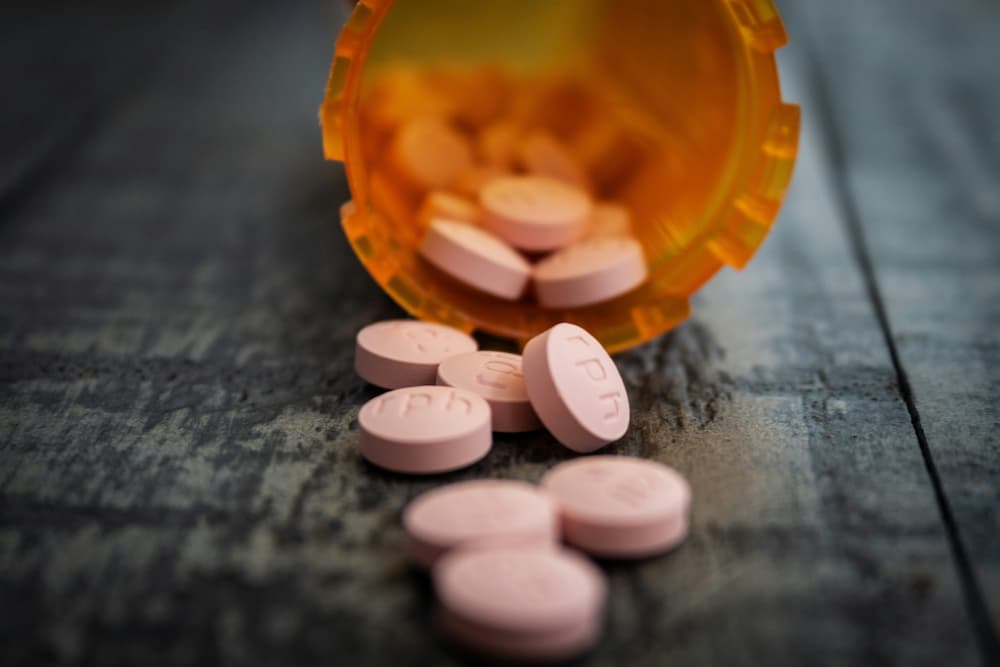Risky prescription practices lead to addiction and higher risk of fatal overdose, according to new research.
As patients, families, agencies, and healthcare practitioners across the country struggle with the opioid crisis, researchers are seeking insight into opioid abuse and how to avoid it. In a recent study published in the Journal of General Internal Medicine, a RAND Corporation study identified potentially inappropriate prescription (PIP) practices that could create ground zero for an opioid addiction.
The study frankly acknowledges that medical prescription is a common gateway to opioid abuse. Lead researcher and RAND scientist Dr. Adam J. Rose said, “Most people who misuse opioids are first exposed to the drugs through prescriptions so improving prescribing may be one way to reduce the risk of opioid misuse. Our study suggests that state prescription monitoring programs may help identify inappropriate prescribing in real time.”
The study looked at the prescription records of approximately 3,780,034 people over the age of 18 in Massachusetts who received an opioid prescription between 2011 and 2015. According to study authors, opioid abuse impacts about nine of every 1,000 people in the US. Unfortunately, solutions to curtail the nationwide public health problem are late in coming and ineffective at present.
In this study, researchers identified six types of prescribing behavior that lead to negative outcomes like opioid abuse, overdose, and death. The group hopes the identification of these PIP could create a real-time scoring metric to reduce risk in vulnerable patient populations. The six dangerous prescribing practices include the following:
- Prescribing high-dose opioids: Higher doses create higher risk of addiction. While this seems like common sense, in the past, drug manufacturers marketed opioid drugs as being less addictive, even at higher doses.
- Opioid prescription combined with anti-anxiety medications: Opioids prescribed along with benzodiazepines are associated with a higher risk of fatal overdose. Benzodiazepines are drugs like Valium, Halcion, Klonopin, and Xanax.
- Multiple-prescribers: Not surprisingly, the number of prescriptions written to a single user matters. Consumers who receive opioid prescriptions from four or more healthcare practitioners are at higher risk of abuse.
- Multiple pharmacies: Filling opioid prescriptions at four or more pharmacies similarly increases the risk of abuse.
- Paying cash: Patients who pay cash three or more times a year for opioid prescriptions are more likely to be opioid abusers.
- Taking opioids for no reason: Prescribing opioids for patients without a pain diagnosis is a PIP.
The two highest risk factors on the list are high dose opioids and prescriptions provided to patients who are not diagnosed with pain. The research also suggests that PIP affect older adults. More than 13 percent of those over age 80 are subjected to at least one questionable prescription practice. Study authors point out that the opioid crisis is seen as impacting younger adults, but older Americans are more likely to receive and take more prescriptions.
If you or a loved one is advised to take opioid medication, ask about risk factors and alternatives. Opioid addiction cuts across socio-economic lines. With opioids or any other addictive medications, be sure to explore your options.
Experienced Medical Malpractice Attorneys Help You In Baltimore And Washington, D.C.
Schochor, Staton, Goldberg, and Cardea, P.A. is a leading medical malpractice law firm with a track record of winning complex cases against institutional defendants and individual physicians. If you or a family member suffer medical negligence, we can help. Contact us today or call 410-234-1000 to schedule a free consultation to discuss your case.

